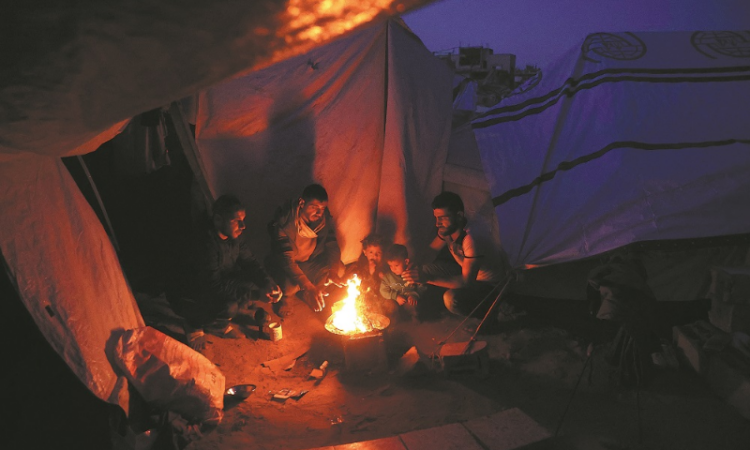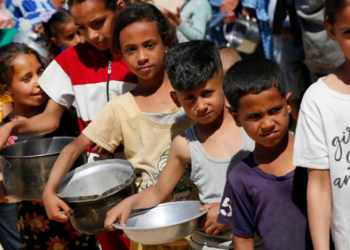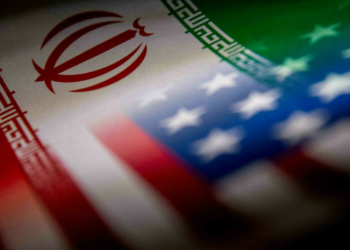Doha, March 12, 2025: Mediators from the United States, Egypt, and Qatar are facing significant challenges in their efforts to bridge the deep divide between Israel and Hamas as ceasefire negotiations continue in Doha. The talks aim to either extend the first phase of the truce or secure an agreement on the second stage, but key sticking points remain unresolved.
The discussions take place against the backdrop of worsening humanitarian conditions in Gaza, where hunger is spreading due to Israel’s blockade. Hamas has accused Israeli forces of violating the ceasefire agreement, alleging that they continue to occupy the Philadelphi Corridor, the border area between Gaza and Egypt, preventing crucial humanitarian aid from reaching civilians. The group has urged mediators and the international community to pressure Israel into honoring its commitments and progressing with negotiations.
Hamas also claimed that Israel failed to comply with the required gradual withdrawal of troops, stating that the pullout was supposed to be completed by Sunday, the 50th day of the agreement, yet has not occurred. Meanwhile, US envoy Adam Boehler revealed in an interview with Israel’s Kan News that Hamas had proposed a five to ten-year ceasefire along with a full prisoner exchange during backroom talks. He defended the US role in the negotiations, asserting that Washington is “not an agent of Israel.”
US Special Envoy to the Middle East Steve Witkoff stressed the need for a negotiation deadline in an interview with Fox News before heading to the region to join the Doha talks. Meanwhile, the Hostages and Missing Families Forum has urged Israeli Prime Minister Benjamin Netanyahu to grant full authority to Israel’s negotiating team in Doha, warning that delays could jeopardize the lives of hostages.
Despite ongoing negotiations, tensions remain high. On Sunday, Israel cut off electricity supply to Gaza ahead of the talks, despite the existing ceasefire and prisoner exchange deal. The previous week, it had also blocked humanitarian aid from entering Gaza, worsening widespread hunger. The move has drawn sharp condemnation from Saudi Arabia, Qatar, and Jordan.
UN officials have raised alarms over the deteriorating humanitarian crisis. Philippe Lazzarini, head of the UN Relief and Works Agency for Palestine Refugees, noted that nearly ten days have passed since Israel halted aid deliveries. Muhannad Hadi, the UN’s humanitarian coordinator for the occupied Palestinian territories, reiterated that international law requires unimpeded access for humanitarian supplies.
As hunger spreads in Khan Younis, thousands of Palestinians continue to queue for hours at bakeries due to severe food shortages, according to Al Jazeera. Palestinian Prime Minister Mohammad Mustafa has called on the European Union and international community to pressure Israel into reopening the borders.
The International Committee of the Red Cross (ICRC) has warned that Israel’s continued blockade, including electricity cuts, risks deepening the humanitarian emergency in Gaza. Meanwhile, tensions in the West Bank persist, with Israeli forces reportedly displacing more Palestinians and killing one man during an overnight raid in Jenin.
As ceasefire talks in Doha struggle to make progress, the humanitarian crisis in Gaza and the broader region continues to worsen, leaving millions in urgent need of aid and a long-term resolution to the conflict.








